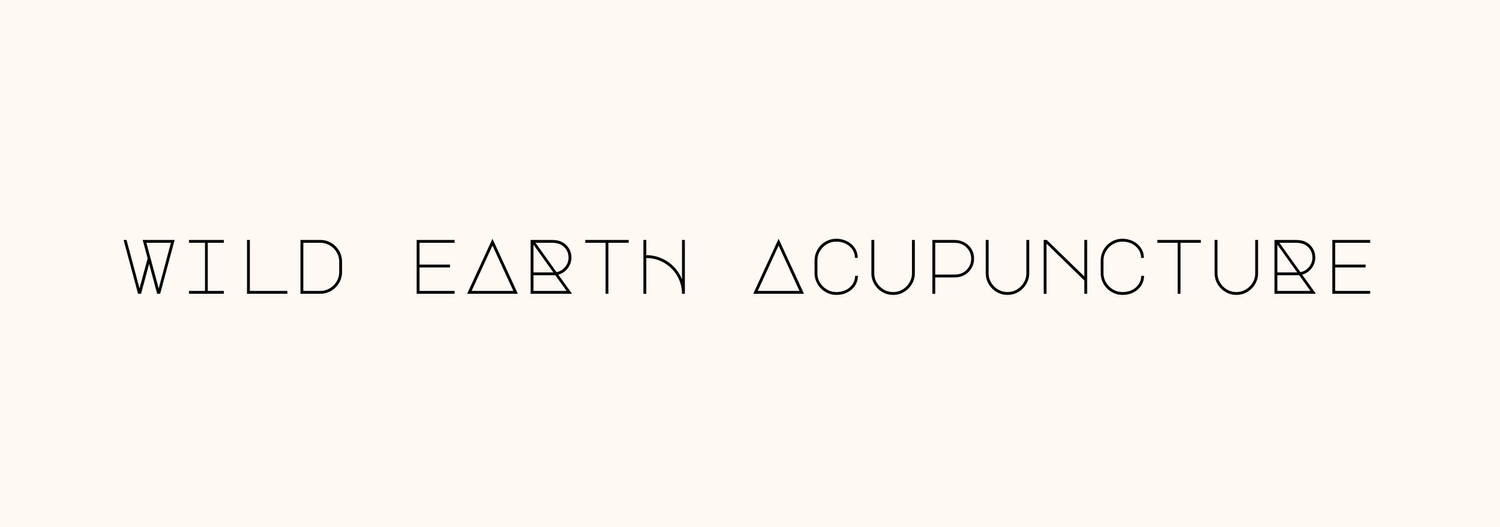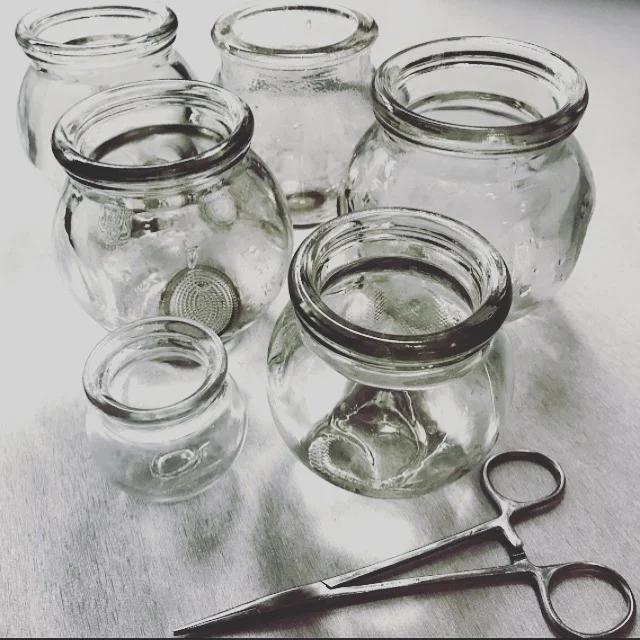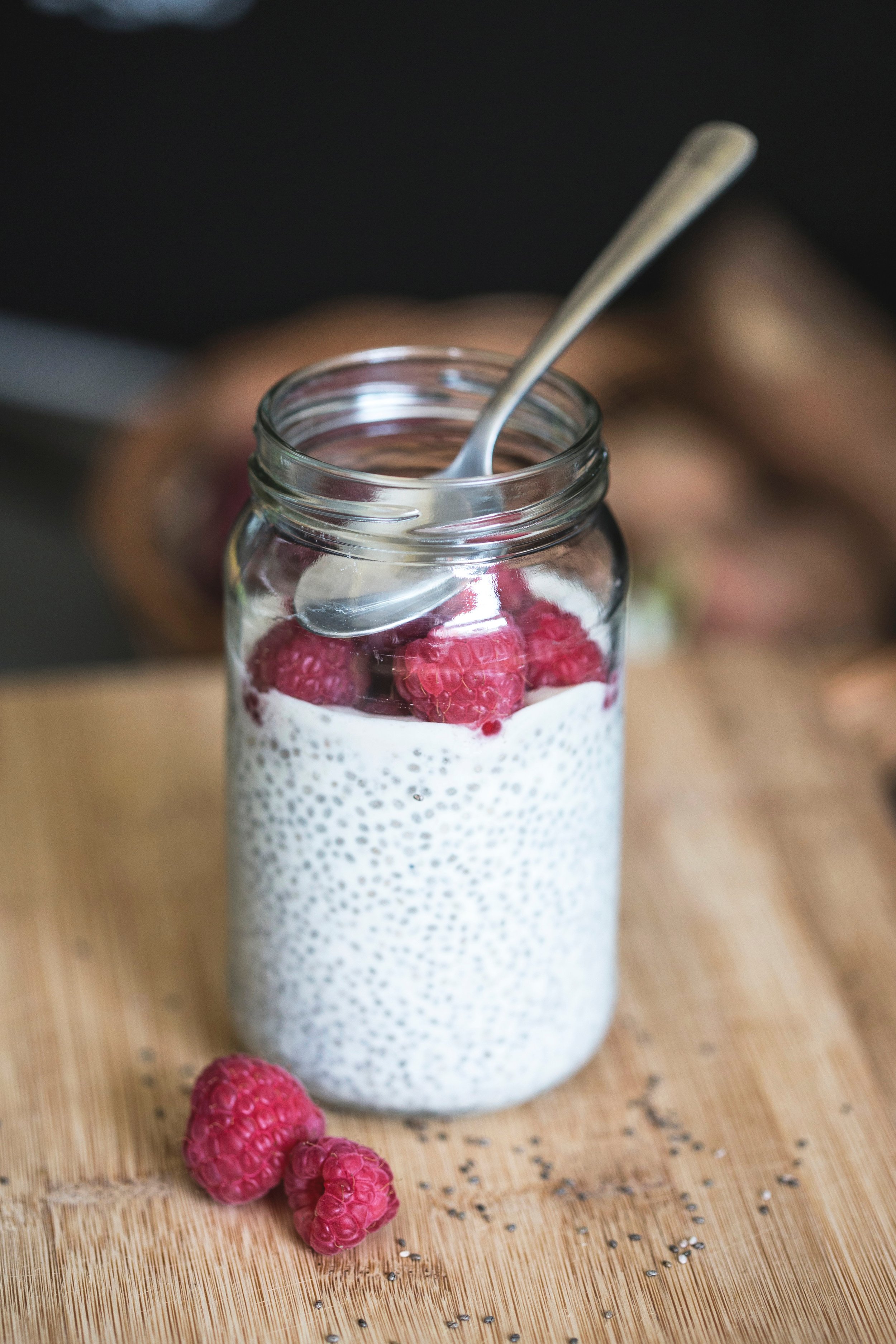Auricular Acupuncture
Auricular acupuncture is a unique technique that focuses on stimulating acupoints in the ear. These points can be used on their own for a full treatment or combined with body points for added benefits. In this article, we'll explore why auricular acupuncture is so effective, share tips for using these points, and introduce Ear Seeds—a gentle, needle-free alternative.
What is Auricular Acupuncture?
Auricular acupuncture is a specialized technique that involves stimulating specific points on the ear to support overall health and balance. Rooted in Traditional Chinese Medicine (TCM) and complemented by modern anatomical understanding, this practice is based on the idea that the ear is a microsystem—a map of the entire body, where each point corresponds to an organ, body part, or physiological function.
Also known as ear acupuncture or auriculotherapy, this technique can be performed using fine needles, gentle pressure, laser therapy, or Ear Seeds—small seeds or beads taped to the skin. By targeting these ear points, practitioners aim to relieve pain, reduce stress, support addiction recovery, improve sleep, and address various physical and emotional concerns.
Auricular acupuncture is valued for its non-invasive approach and versatility, making it an appealing option for holistic health. While individual results may vary, research continues to explore its benefits. Notably, a randomized controlled trial published in the Journal of Traditional Medicine found that auricular acupuncture achieved an 88% efficacy rate in treating low back pain.
By stimulating specific points on the ear, practitioners can target a wide range of concerns without affecting the whole body. This precise method makes it an effective option for addressing pain, stress, addiction, and other imbalances. Beyond its effectiveness, auricular acupuncture is highly adaptable. It can be integrated into group settings or conventional medical treatments, providing a complementary option for those seeking holistic support. Practitioners tailor treatments to individual needs, adjusting the frequency and duration based on personal response. Whether used for specific ailments, overall wellness, or stress relief, this approach supports physical, emotional, and mental well-being. For individuals managing chronic conditions, it offers an additional layer of support when combined with standard therapies, promoting balance and long-term health.
Uses of Auricular Acupuncture
Auriculotherapy or ear acupuncture, is believed to offer various potential benefits. It’s important to note that while some people report positive outcomes from this practice, scientific evidence is still evolving, and individual responses can vary. Auricular acupuncture is a great option for those looking for a holistic approach to well-being. It also makes acupuncture more accessible, as it can be easily performed in group settings or treatment facilities where undressing or treatment tables aren't needed.
Pain Management: Auricular acupuncture is often used to help manage different types of pain, including chronic pain, low back pain, headaches, and other musculoskeletal discomfort.
Stress and Anxiety Reduction: Many individuals find that auricular acupuncture sessions can promote relaxation and alleviate feelings of stress and anxiety.
Addiction and Substance Abuse Support: This technique is sometimes used as an adjunct to addiction treatment programs, particularly for smoking cessation, alcohol dependence, and drug addiction. The NADA protocol is the standard for this application.
Insomnia and Sleep Improvement: Some people report improved sleep quality and better sleep patterns after receiving auricular acupuncture.
Mood Enhancement: Auriculotherapy may help improve mood and alleviate symptoms associated with mood imbalances.
Digestive Health: It’s suggested that auricular acupuncture can support digestive health by addressing issues such as nausea, vomiting, and indigestion.
Weight Management: This practice is occasionally used as part of weight management programs to help control appetite and cravings.
Headache and Migraine Relief: Auricular acupuncture might provide relief for tension headaches and migraines.
Allergy and Asthma Symptoms: Some individuals report a reduction in allergy symptoms and improved respiratory function after auricular acupuncture.
Blood Pressure Regulation: There’s some research suggesting that auricular acupuncture might help regulate blood pressure levels.
Improved Energy and Vitality: Advocates of this technique believe that it can enhance overall immune system support, energy levels, and vitality. Many people also find that auricular acupuncture sessions contribute to an overall sense of well-being and relaxation.
Reduced Nausea and Vomiting: This practice is sometimes used to help alleviate nausea and vomiting associated with conditions like chemotherapy or pregnancy.
Joint Mobility and Muscle Relaxation: Auriculotherapy could potentially aid in improving joint mobility and relaxing tight muscles.
Support for Chronic Conditions: Some practitioners use auricular acupuncture to complement conventional treatments for chronic conditions like arthritis, fibromyalgia, and irritable bowel syndrome.
Ear Seeds; A Needle-free option
Ear seeds provide a needle-free alternative within the realm of auricular acupuncture. These small seeds, often made from natural materials like Vaccaria seeds stainless steel, or crystal, are affixed to specific points on the ear’s surface using adhesive tape. Applying gentle pressure to these seeds can stimulate the corresponding points, promoting potential therapeutic effects. This option is particularly appealing for those who prefer a non-invasive approach or are sensitive to needles. While individual responses may vary, ear seeds offer a convenient and easily accessible method for exploring the benefits of auricular stimulation without the use of traditional acupuncture needles. Some simple auricular acupuncture techniques can be self-administered for minor issues at home.









































This article explains the transformative power of the CHIRP Wheel, a unique spinal relief tool designed to prevent excess pressure on the spine while targeting muscles on both sides of your neck and back. It also offers simple steps for a safe and effective experience!